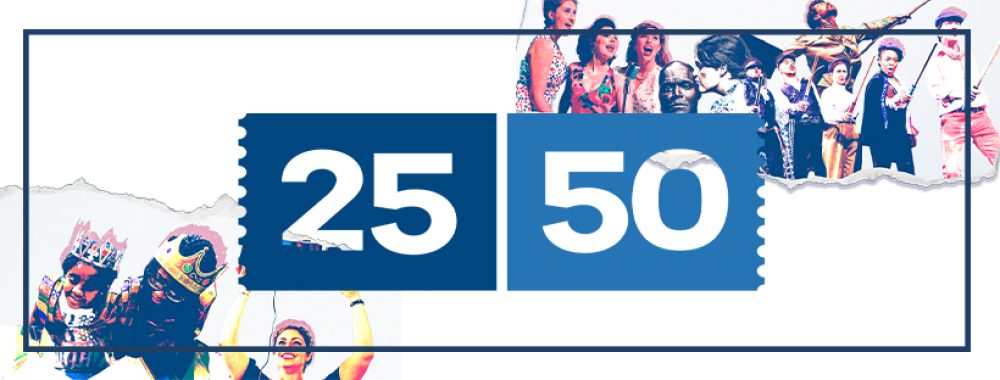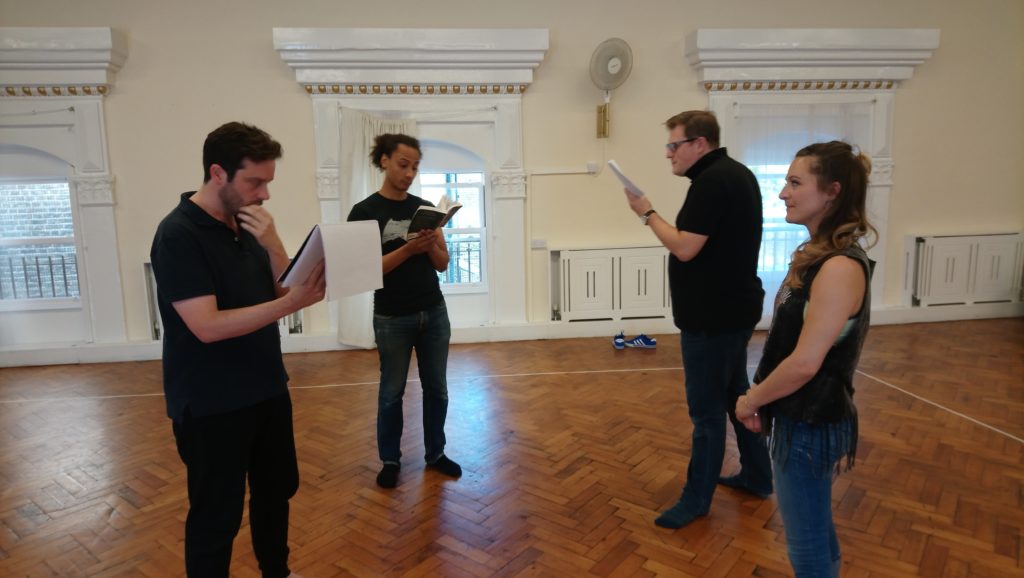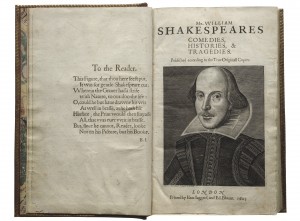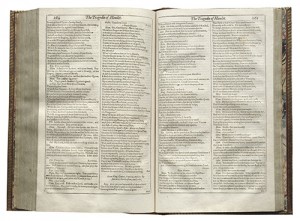By Jennifer Birkett
Greg Corbino’s journey to becoming a puppet designer started when he was a little kid. As he says, “it’s something I have always done and was interested in,” but it was not until he encountered Bread and Puppet Theatre in college that he really became fully invested in it. Much of Corbino’s style–specifically his use of cheap, resourceful materials (like cardboard and papier-mâché) along with a focus on colors and shapes, as well as building puppets to scale–is influenced by Peter Schumann, the co-founder of Bread and Puppet Theater, whose work really took off in the 1960s making giant puppets with kids in the Bronx.
Unlike the puppets many audiences encounter in musicals like The Lion King and Into the Woods, Corbino’s puppets focus on accessibility, both in material and in utility. In other words, they do not require significant training to operate. As Corbino highlights, compared to silicones, foams, or tricky items like toxic glues often used in theatrical puppetry, “we are using materials used by communities all over the world for parades, protests, and elementary school plays.” The puppets are representations of a way of working, one which requires many hands and collaboration. Indeed, while designing and building these puppets, Corbino worked alongside volunteer company members, as well as artisan Aimee Cole, who brought a unique costuming perspective, and director Sara Holdren, whose Arden world inspired Corbino’s interplay between color and light. Ultimately, the puppets reflect the collective theme of community central to this production of As You Like It.
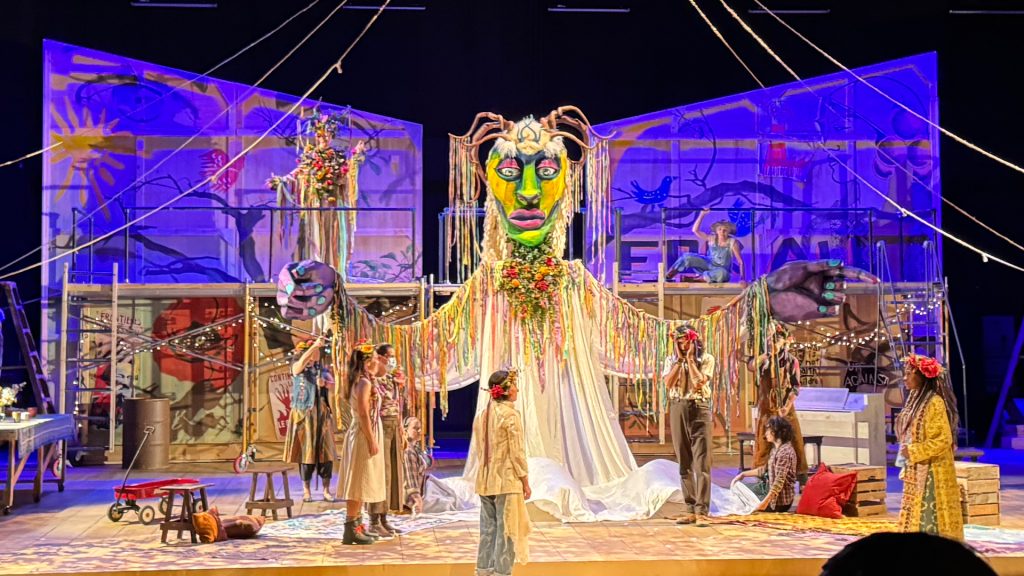
As an audience member, you can expect large-scale 3D puppets, one which requires 5 actors to operate, but also a herd of deer that are flat and two dimensional. A new design for Corbino, the deer legs are articulated with a series of bolts and elastics allowing them to appear to leap across the stage. This choice to emphasize the “gesture” of a deer rather than go for a “realistic” one leans into the age-old magic of theatre, the audience’s willing suspension of disbelief. As Corbino puts it, “we are asking the audience to do the work of joining us in this magical place where objects come to life.”
We hope you’ll join us at this magical production this summer. While this is the Notre Dame Shakespeare Festival’s first foray into puppetry, we have a feeling it won’t be our last.
